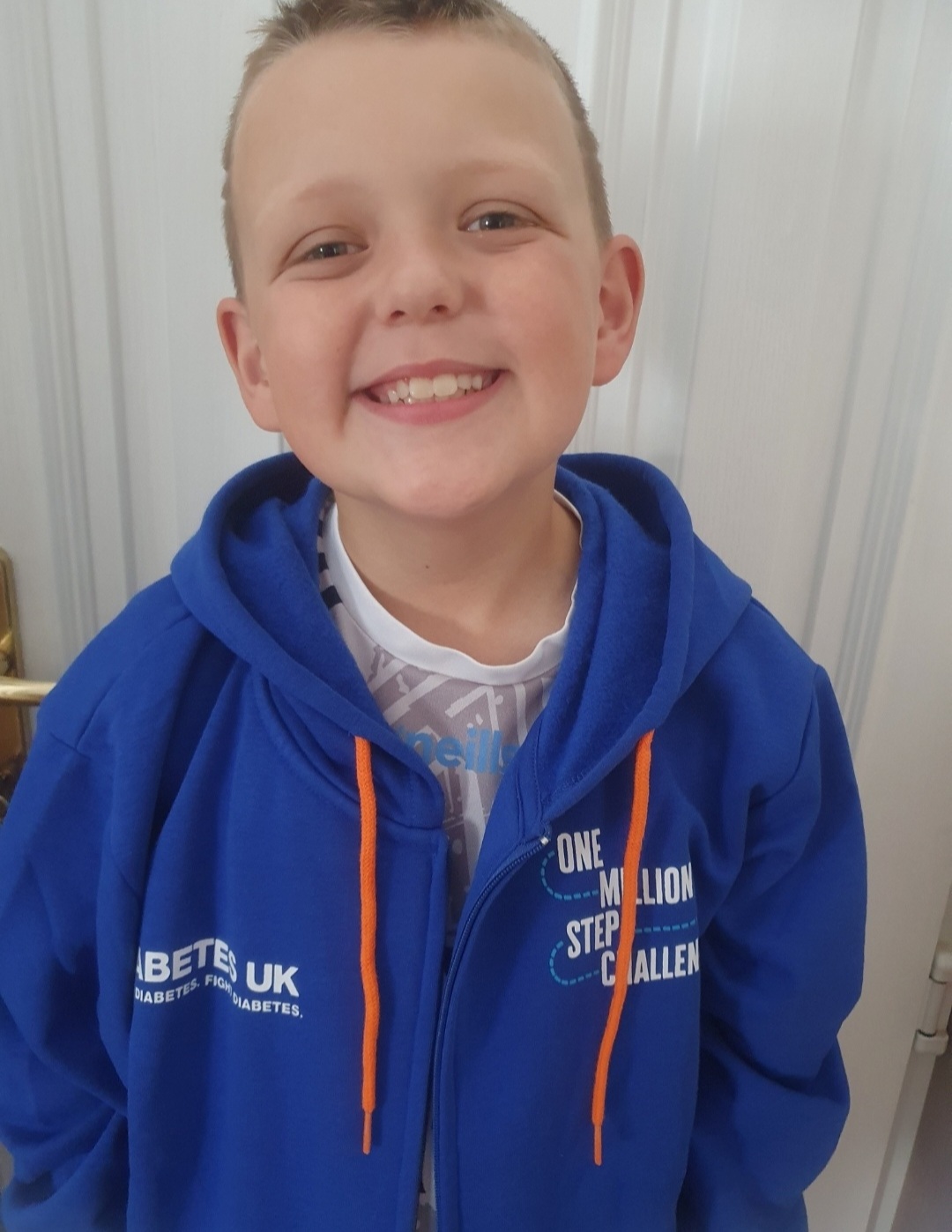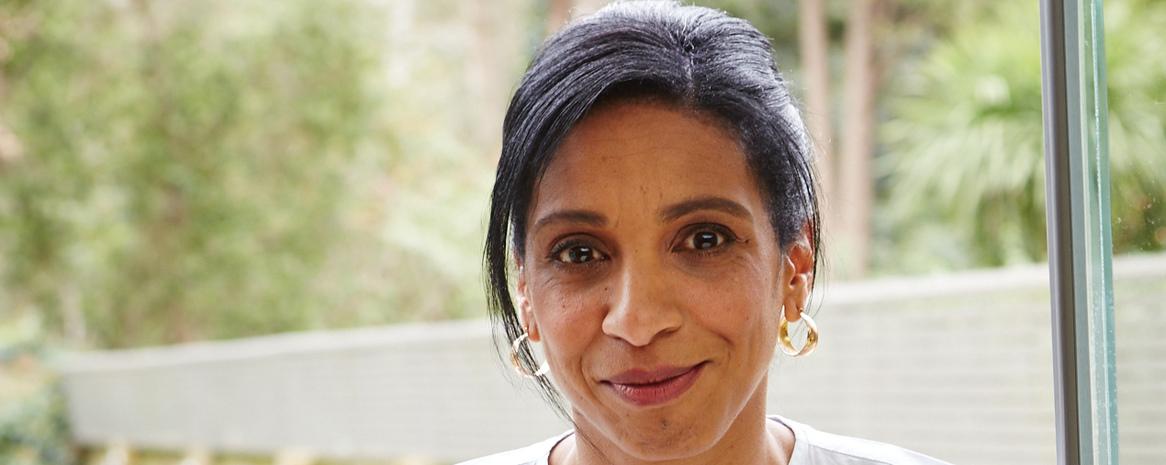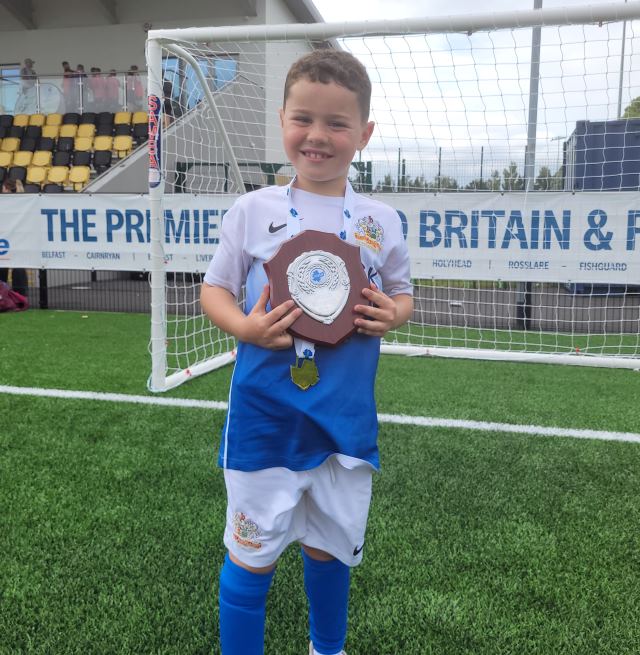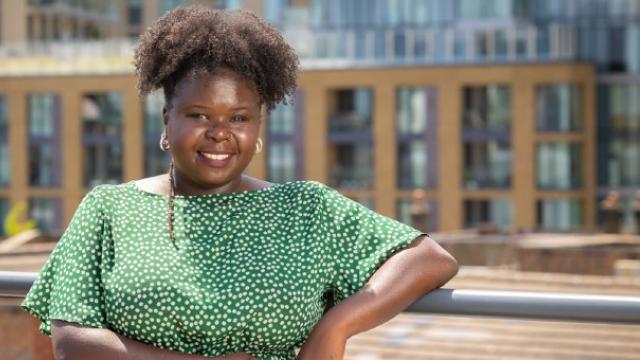Connor's diagnosis
Connor was diagnosed around three and half years ago, just one week after the schools closed due to the Covid pandemic. Due to the unknown around Covid and everything that come with his sudden diagnosis, this was honestly one of the scariest times in my life.

As soon as he was discharged, he had to do 12 weeks of shielding – meaning no visitors and no support. At that time, we only ever had one face-to-face with a diabetic nurse. Our paediatric diabetic nursing team in Braid Valley Hospital in Ballymena were and continue to be absolutely amazing. They kept in touch multiple times a day and all classes and appointments were done via Zoom instead. Thankfully, we didn’t miss out on any care due to the pandemic – everything was virtual and they did what they could. We also had regular phone appointments with the team counsellor who was a saviour during that time. Connor's nurse knows us better than anyone and we would be absolutely lost without our team.
We used lockdown to our advantage and changed our home-schooling to all things diabetes. He was only six and we learnt all about carb counting, healthy eating, injecting, the science behind his condition, and lots more.




